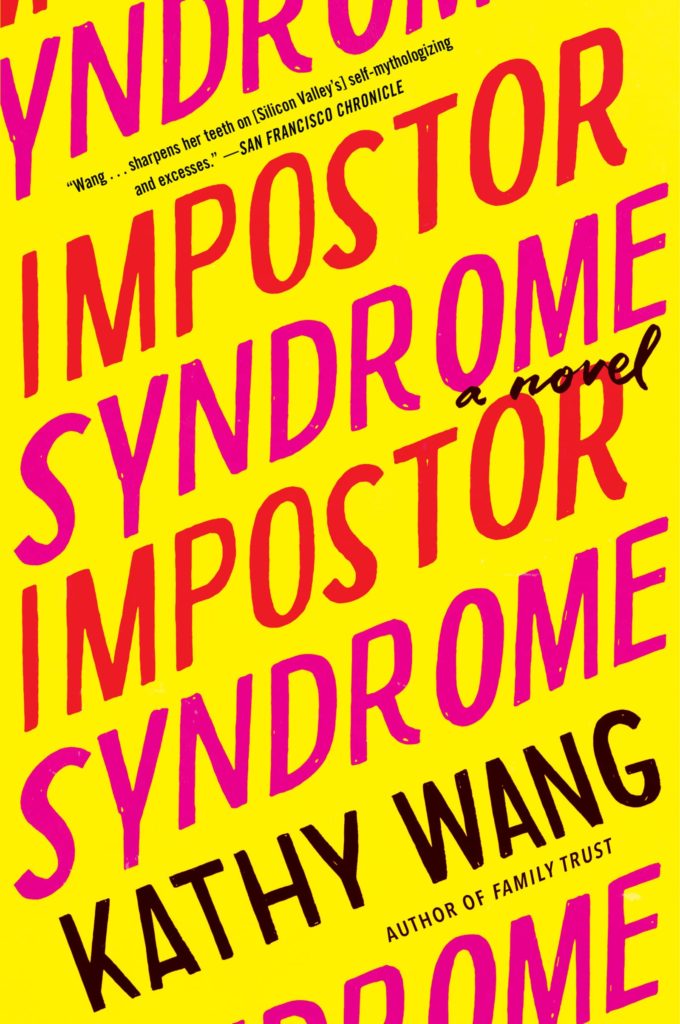My writer imposter syndrome story
When my nephew was old enough to help pick out Christmas gifts, he chose for me a blue writer’s journal. “Because you’re a writer,” he said when I unwrapped the present. It was perfect. It was pale blue and had one of those elastic straps that secured the journal shut and that you could tuck your writing utensil in. On the cover it said “PROJECTS”. I was thrilled. It was a solid journal to stash my most brilliant thoughts. Best of all, my nephew believed I was a writer.
Sometimes I believed that, too. I guess I believed it enough to sign up for the Writer’s Digest Conference later that summer in New York City, the epicenter of the publishing world. But by the time August rolled around, I was pretty terrified. I mean, just who exactly did I think I was? I had no business pretending as a country bumpkin Vermonter that I could navigate such a city (The trains! The huge buildings! All those people! How to wear cute shoes and comfortably walk through a city!). That was the least of my problems, though.
I was hardly a writer. A baby writer. Nascent. I hadn’t yet heard the phrase “writer imposter syndrome” because to be honest, I didn’t really have a writing community. I had worked some as a freelancer for a family and parenting magazine, taken on a few assignments for an agriculture magazine, and written some book reviews. Not exactly artful stuff.
Oh, and I had written a novel. That was really why I was there. The conference offered a pitch slam—an hour to give a 90 second pitch to as many literary agents as you get sit down in front of. Speed dating for writers and agents. I had honed my elevator pitch to within an inch of its life. My book was pretty good, I thought. I still felt like an imposter though. I hopped on the subway from Queens to midtown in a black dress trying to looking like I’d done it all my life.
Imposter.
Send yourself packing
After registration, I sat in the enormous meeting hall, nervous as hell. As began to realize the full extent of my introvert shortcomings, I wished I was hanging out with my family and the friends we were staying with while in the city. They kept texting me photos of their day—a visit to the New York Public Library, a trip out to Governor’s Island. I sat in the back row of the enormous conference room, hoping to fade into the walls. I watched what seemed like old friends greet each other with hugs and laughter.
How was I going to meet other writers? Who would I give the 100 business cards I had made especially for this occasion? I doodled in my blue writing journal while I waited for Richard Russo, the keynote speaker and other reason I came to this event, to begin.
As Russo launched into a reading and then a talk, I finally began to feel somewhat at ease. Russo told us of his writerly beginnings moving through a list of a few things he had learned along the way. When he got to #5, a note about self-rejection, my ears perked.
“It’s better to send yourself packing first, right?” he asked.
The audience laughed nervously. It was something we all do. If I deny myself the opportunity, if I tell myself I’m not good enough, if I tell myself I’m an imposter sitting here among these writers, then the disappointment will hurt less, right, when the agent rejects my pitch, when the literary magazine rejects my essay, when the publishing house rejects my novel.
What is writer imposter syndrome?
It’s real and there’s a name for it: writer imposter syndrome. Here’s the formal Oxford Dictionary definition of imposter syndrome: “the persistent inability to believe that one’s success is deserved or has been legitimately achieved as a result of one’s efforts and skills.”
In simple terms? It’s feeling like a fraud.
Illogical measures of success
Why do we insist on measuring our success by some illogical metric? By the Oxford definition, we should be earning success that wasn’t actually earned—so, being successful with bad writing? Or maybe just being successful on account of luck. Why do we feel this?
Not sure, to be honest. It’s illogical.
I knew this was what I was feeling, sitting there in Midtown Hilton there on the Avenue of the Americas, a few blocks from Central Park and a long way from Elmore Mountain.
And then Richard Russo said to the crowd, “But what will haunt you is the possibility you were wrong.”
And I knew he was right. Not only that, there was energy to be harnessed in the idea. I took out my blue journal that my nephew had given me and started scribbling notes that refined my elevator pitch. I may not have work published yet, I told myself, but the only way to get it published was to get out of my own way and start working.
My top 5 tips on how to combat writer imposter syndrome
1. Find your people
Remember, misery loves company and it’s okay to give in to wallowing a bit. When you get sick of that, go find your writer friends. If you don’t have any of those, find your friends who cheer you on no matter what. Remember that you are human and not the first person to feel this way. Go to the people who build you up. Get built.
2. Make a list
Then, make a list of where you’ve been. Take stock. Look at your accolades. Don’t limit yourself. Look at the stuff you are proud of. Look at the work you have accomplished. I bet it’s more than you think. Hang it up somewhere where you can see it when you need to (Hint: you always need to.) Stand back. Feel good.
3. Make another list
Now make a list of where you want to go. What’s next? What is your next writing goal? Is it to finish that first draft of a novel? Polish your current draft? Win a contest? Begin the collection of essays you have in mind? Cull your portfolio of poems for enough that might fit together as a collection? Win a contest? Get published in a literary journal? Become a reader for a journal? Get an MFA? There are no wrong answers here. But without an endgame in mind, how could you ever pull out of this imposter slump and make a plan?
4. Find inspiration
After that, go to the poets. I don’t mean the actual poets (though this might help some of you). When a teaching colleague I used to work with wanted to learn something new, he would announce it was time to “Go to the poets!” He meant go to the people who know what they’re doing and watch them. Talk to them. Interrogate them (in a friendly way). Get inspired by them.
5. Get to back to work
Now, go back to your desk and get to work because giving in to writer imposter syndrome is just another way to limit yourself. And what if you are wrong about that?
Recommended reading
Here at Aspiring Author, we love recommending bestsellers and fawning over hot new releases. On this real time recommended reading list, you will find a list of top rated books on the publishing industry, craft, and other books to help you elevate your writing career.










